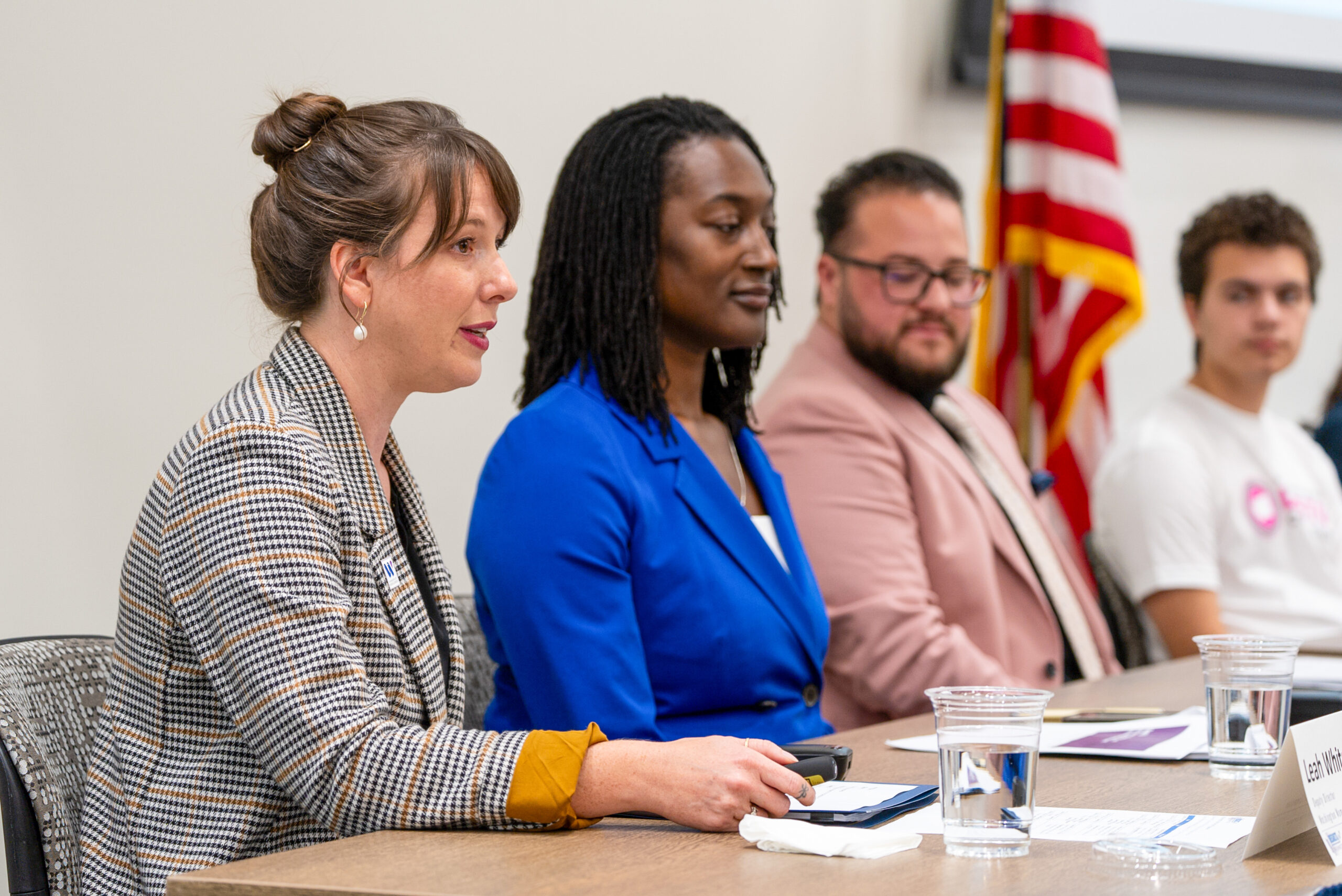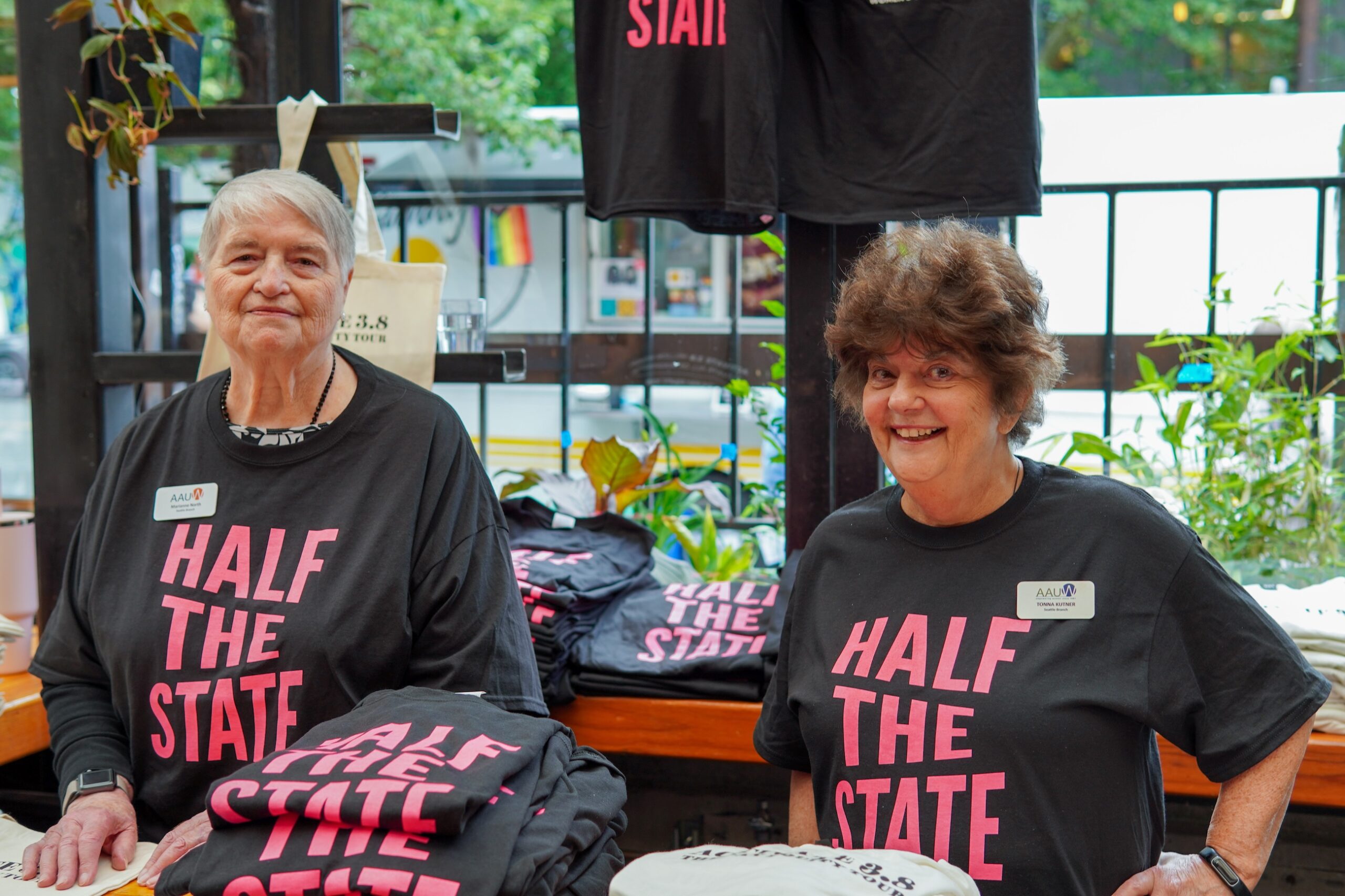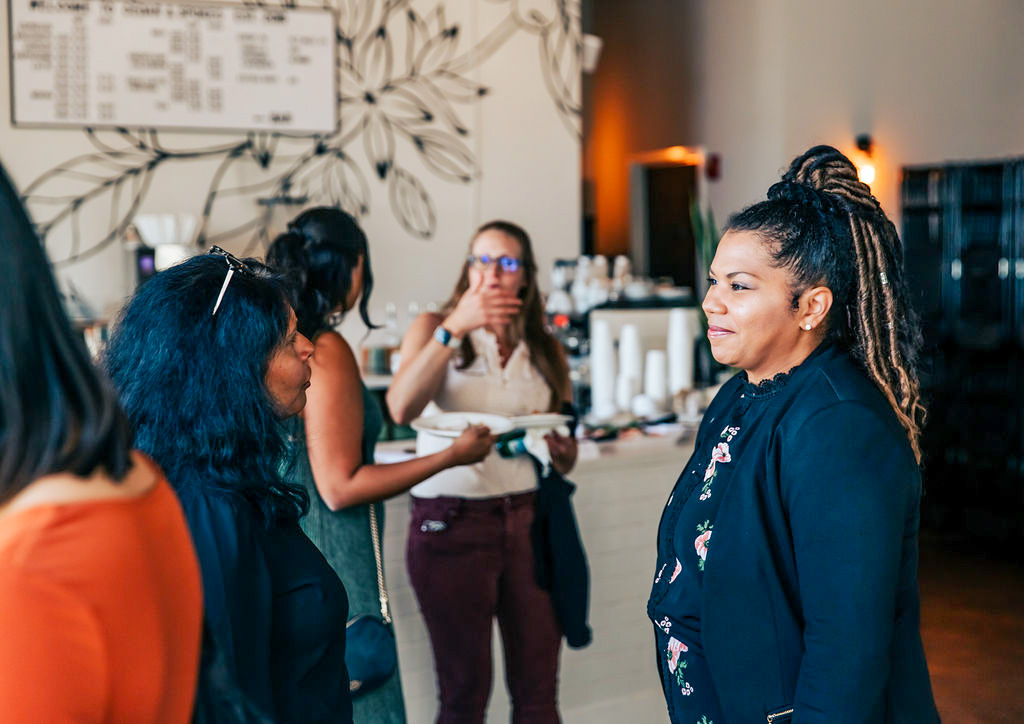Civil Protection Order Reform
Enhancing civil protection orders through survivor centered feedback.
Our role
Helping to make civil protection order laws more accessible
In 2021 the Washington State Legislature passed ESSHB 1320, to further the goal of modernizing and streamlining the efficiency and accessibility of laws relating to civil protection orders. The law directed the Gender and Justice Commission to convene stakeholders to develop recommendations to the legislature and the courts regarding civil protection orders. The Washington State Women’s Commission contributed to this workgroup by hosting a series of eight virtual listening sessions.
Download the study on coercive control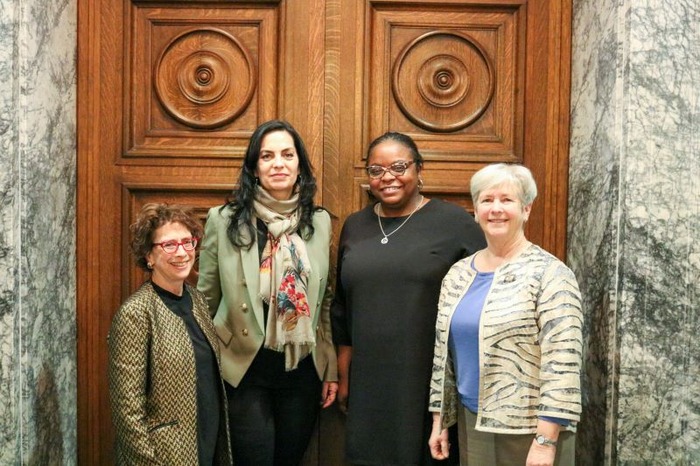
The Listening Sessions
The Listening Forums were facilitated by Grace Huang, Chair of the Women’s Commission Safety Committee, Director of Policy for the Asian-Pacific Institute on Gender-Based Violence, and Member of the American Bar Association Commission on Domestic & Sexual Violence. Commissioner Huang provided background on ESSHB 1320 and guided the sessions using standardized questions prioritized by the HB 1320 workgroup of the Gender and Justice Commission.
The forum gathered direct input from advocates and survivors about their experiences seeking and obtaining civil protection orders. They highlighted necessary improvements to current legal processes.
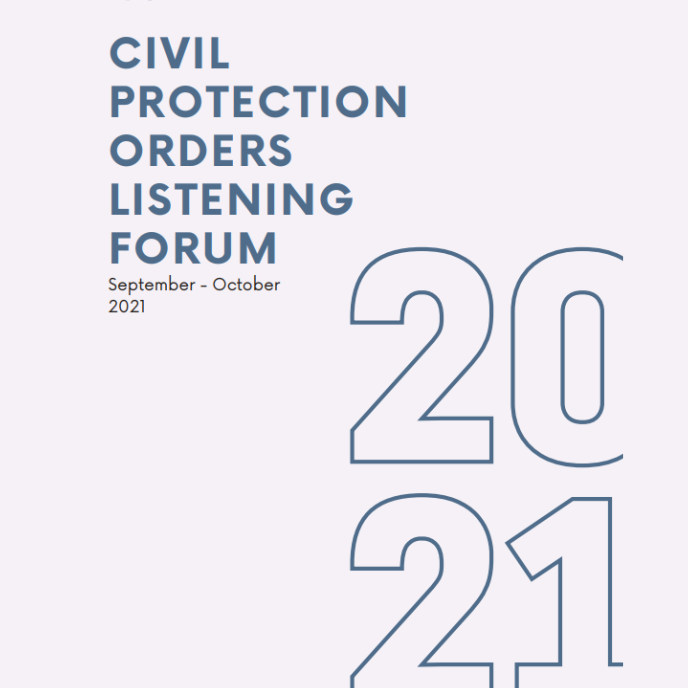
Key Themes
The report summarizes input on the following:
- Inclusion Coercive Control to the Definition of Domestic Violence — this was a repeated theme throughout the forum, with most agreeing that coercive control needed to be given more weight in legal proceedings regarding domestic violence and protective orders.
- Harmonization of Jurisdiction
- Best Practices for Minor Petitioners and Respondents
- How to Protect the Safety and Privacy of the Victim when Filing Evidence
- How State Courts Can See the Existence of Protection Orders from other Jurisdictions
- How to Improve Access to Unrepresented Parties
- Best Practices for Courts when Civil Protection Order Proceedings Coincide with Criminal Proceedings Concerning the Same Alleged Conduct

